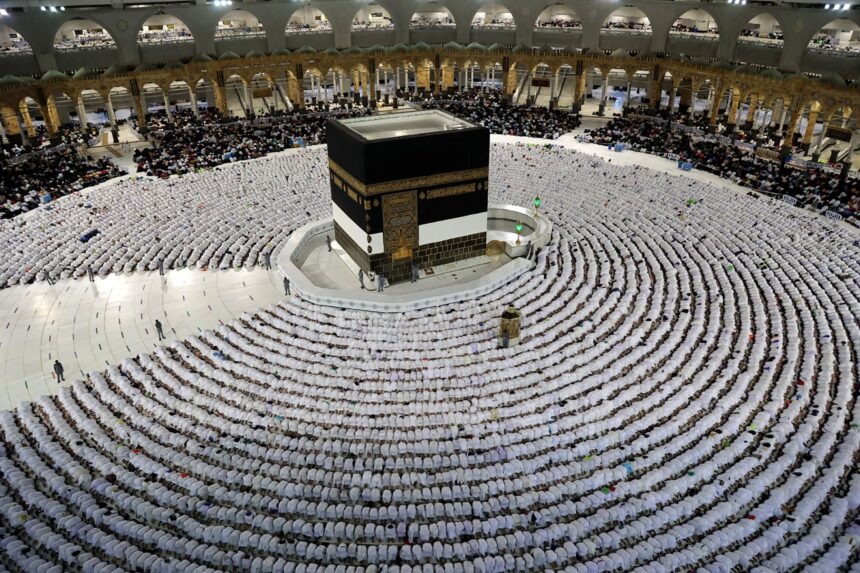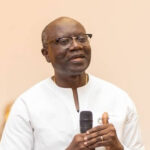A representative of the Ghana Hajj Agents Association has stressed the importance of health checks before embarking on the pilgrimage to Mecca in Saudi Arabia, urging prospective pilgrims to ensure they are medically fit before making the journey.
Hajj is a pilgrimage made to the Kaaba, the “House of Allah,” in the sacred city of Mecca in Saudi Arabia.
Speaking on Bullet TV’s Morning Target on Wednesday, 12 February 2025, Mr. Seth Ibrahim Ayi highlighted the health risks associated with the pilgrimage, particularly for individuals with pre-existing medical conditions.
“Health checks before performing the Hajj are very important because some people may have conditions that could be life-threatening during the pilgrimage,” Mr. Ayi told Seli Acolatse Apaloo, who co-hosts the show with Nana Kweku Aduah.
“Unfortunately, some don’t tell us,” he noted.
He advised all prospective pilgrims to consult their doctor beforehand to determine if they are fit to travel.
“Before you embark on the Hajj, make sure you see your doctor because they can tell you if you are healthy,” he added.
The representative noted that some pilgrims arrive at the Hajj destination with conditions such as high blood pressure and other chronic illnesses without informing organizers. “Sometimes we get there, and people have BP and other chronic diseases but will not tell us,” he revealed.
He urged prospective pilgrims to adequately prepare for their journey by ensuring they have the necessary medication and a thorough medical check-up before departure. “Make sure that if you are on medication, you take it with you. Have a word with your doctor before you embark on the Hajj—it’s very important,” he emphasized.
Mr. Ayi also addressed concerns about individuals who, despite making payments and completing preparations, are unable to undertake the journey. “Anyone who doesn’t make it to the Hajj despite going through the entire process must see it as God telling them not to go at that particular time. If God has chosen you to do the Hajj this year, it will definitely happen,” he said.
The call for stricter health assessments comes as Ghana’s Hajj Board and other stakeholders work to ensure the safety and well-being of pilgrims undertaking the sacred journey.






